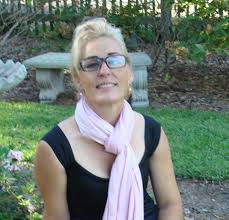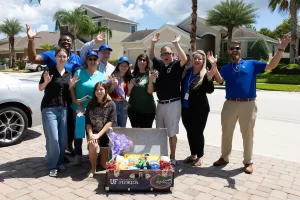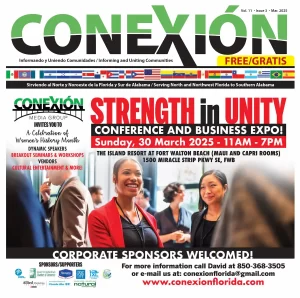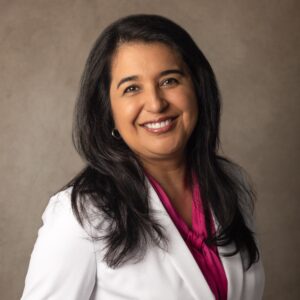By Deborah DeSilets
In 1860 110 people from Dahomey West Africa stealthily under the cover of dark night, were steered into Mobile Bay near 12 Mile Island. Waiting on shore were two men from Mobile, Mehaers and his partner, who made a bet to see if they could smuggle slaves across the Atlantic and into America. This was a bold act of piracy and kidnapping. At the count 125 left Africa, 115 arrived and for the Africans made cargo it was a dreadful 2-month sail across the Atlantic. Eating, sleeping, and relieving their bodies on the same deck, and drinking vinegar to ward off scurvy. Ten did not make it. Ten were lost on the voyage and the 55 men and 55 women and children, aged 2-55 that made the difficult crossing, life in America began that night. In a foreign place, where they did not understand the language, and spoken to by names that were not their own. And in this place of strange-ness they lived for five years as they were slaves. AFTER 1865 they worked at the Timber or Paper mill on land owned by their former master, the Mehears. In 1866 they founded Africatown where over time 12,000 people lived there and flourished. There was a gas station, grocery store, post office, first black school in Mobile, a church, and a cemetery. It was a city within a city.
Yet the peace was destroyed when the interstate came and bi-furcated the city. Now not only did the chemical effluent and environmental hazards blight the people and the place, now the very center was split in half by progress. The diaspora out of Africatown began. Now only 2,000 live in an area that needs all the help it can get to withstand the next wave of zoning overlays.
In 2018 the pirate slave ship the Clotilda was found in the muddy Mississippi. This validates the oral legacy of these peoples and opens up channels of discourse. Now the Identity of these people told through oral tradition is now made real with concrete evidence. And their Identity is vital to this story.
Recently, I co-hosted a Special Edition of the Conexion Media Group’s MAKING CONNECTIONS Interview Show and our panel was composed of descendants of the slaves who were illegally brought in via The Clotilda, and also present-day advocates for Africatown. You can watch that interview via the Conexion YOUTUBE Channer.
Go here: https://www.youtube.com/channel/UCckc8fkl89QZc4AlRaUZyyA
As Mobile, Alabama sees a new TOURISM opportunity it is important to understand and hear the lament of Africatown’s present-day issues, including An international lawsuit, industrial encroachment, economic decline, and visual blight. As there is hope to revitalize this land now is the time to hear their voice.
Link to Spirit of our Ancestors Festival 2021: https://youtu.be/XA2pXv6ELVo
Link to Clotilda Descendants Association: www.theclotildastory.com



